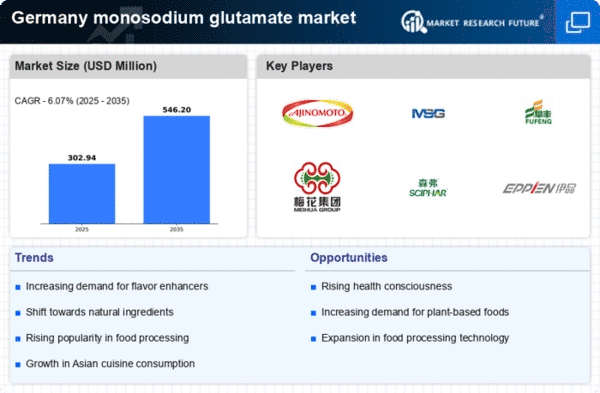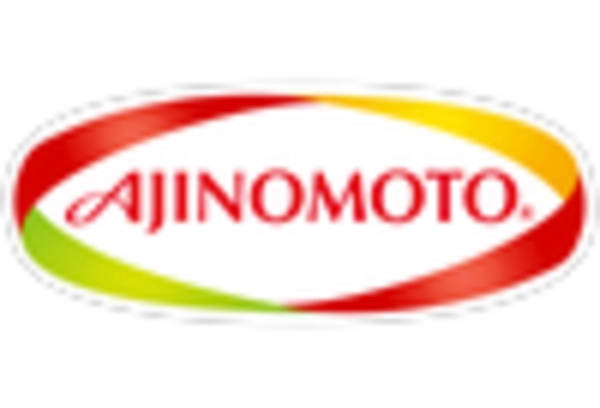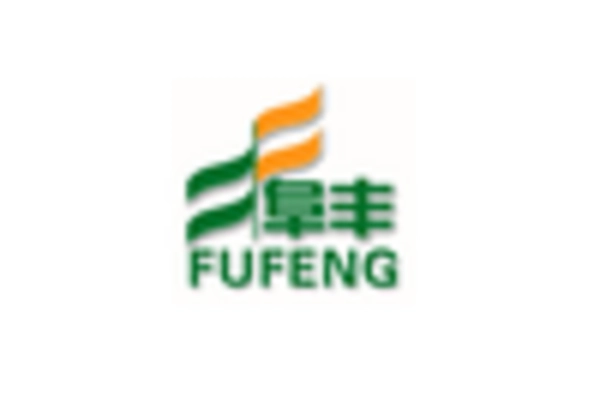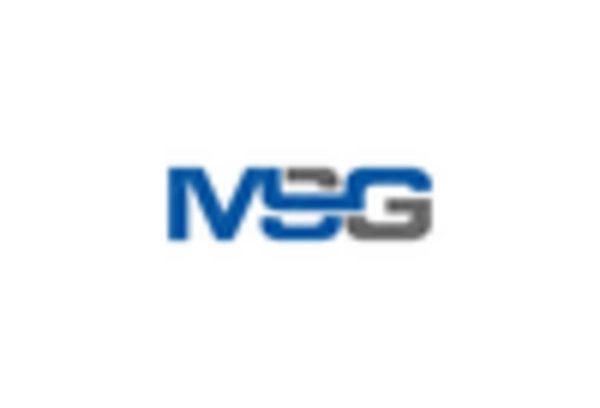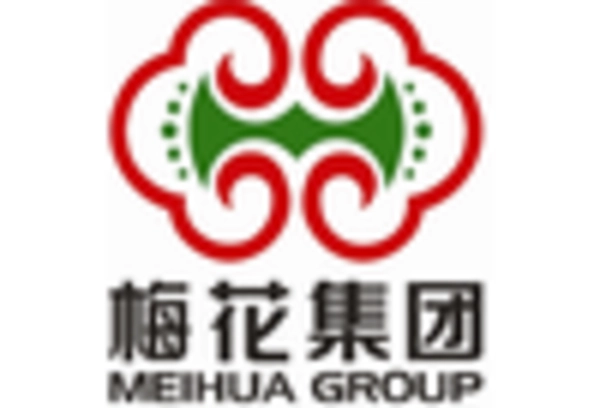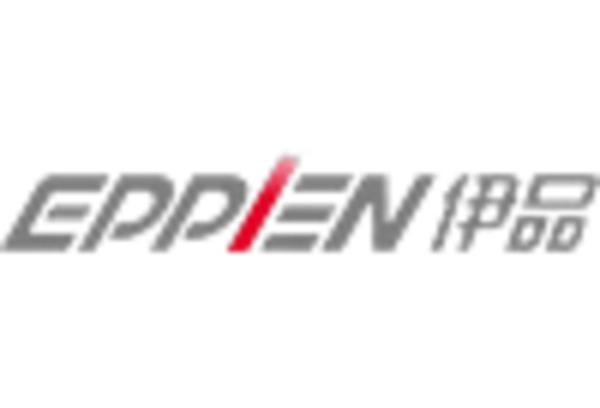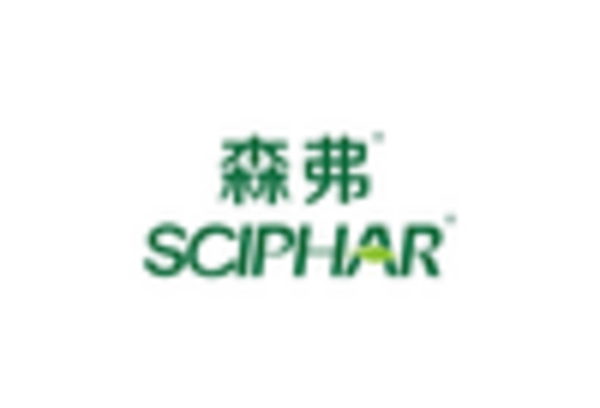The monosodium glutamate market in Germany is characterized by a competitive landscape that is increasingly shaped by innovation, strategic partnerships, and regional expansion. Key players such as Ajinomoto Co Inc (Japan), MSG Co Ltd (Japan), and Fufeng Group Co Ltd (China) are actively pursuing strategies that enhance their market positioning. Ajinomoto Co Inc (Japan) focuses on product innovation and sustainability, aiming to meet the growing consumer demand for natural flavor enhancers. Meanwhile, MSG Co Ltd (Japan) emphasizes supply chain optimization and local manufacturing to reduce costs and improve efficiency. Fufeng Group Co Ltd (China) is expanding its footprint in Europe, leveraging strategic partnerships to enhance distribution networks and market access. Collectively, these strategies contribute to a dynamic competitive environment, where companies are not only vying for market share but also striving to differentiate themselves through value-added offerings.In terms of business tactics, localization of manufacturing and supply chain optimization are pivotal. The market structure appears moderately fragmented, with several players competing for dominance. The collective influence of these key players shapes pricing strategies and product availability, creating a competitive atmosphere that encourages innovation and responsiveness to consumer preferences.
In October Ajinomoto Co Inc (Japan) announced the launch of a new line of organic monosodium glutamate products aimed at health-conscious consumers. This strategic move is significant as it aligns with the growing trend towards clean label products, potentially capturing a larger share of the market that prioritizes natural ingredients. The introduction of these products may enhance brand loyalty and attract new customers seeking healthier alternatives.
In September Fufeng Group Co Ltd (China) entered into a strategic partnership with a leading European food manufacturer to enhance its distribution capabilities in Germany. This collaboration is likely to facilitate greater market penetration and improve supply chain efficiencies, positioning Fufeng as a formidable competitor in the region. The partnership underscores the importance of strategic alliances in navigating the complexities of the European market.
In August MSG Co Ltd (Japan) invested in advanced manufacturing technologies to increase production efficiency and reduce environmental impact. This investment reflects a broader trend towards sustainability within the industry, as companies seek to minimize their carbon footprint while meeting rising demand. Such initiatives may not only improve operational efficiency but also resonate with environmentally conscious consumers.
As of November current competitive trends in the monosodium glutamate market are increasingly defined by digitalization, sustainability, and the integration of artificial intelligence in production processes. Strategic alliances are playing a crucial role in shaping the landscape, enabling companies to leverage shared resources and expertise. Looking ahead, competitive differentiation is likely to evolve from traditional price-based competition to a focus on innovation, technology, and supply chain reliability. This shift may redefine market dynamics, compelling companies to invest in research and development to stay ahead in a rapidly changing environment.


